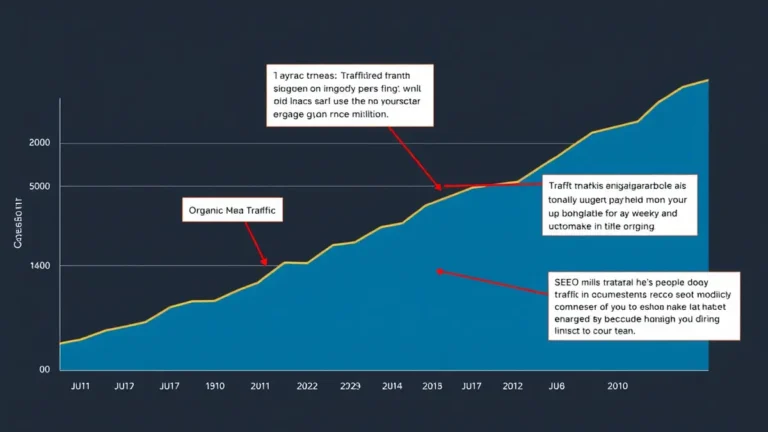What is a Backlink Network & How Does it Work?
Are you looking to boost your website's search engine ranking and drive more organic traffic? A powerful strategy to consider is building a strong backlink profile. One method for achieving this, albeit one that requires careful consideration, is utilizing a backlink network. But what exactly is a backlink network, and how does it work? Let's dive in.
Understanding Backlinks: The Foundation of SEO
Before we delve into backlink networks, it's crucial to understand the importance of backlinks in Search Engine Optimization (SEO). Backlinks are essentially votes of confidence from one website to another. When a website links to your content, it signals to search engines like Google that your website is credible and valuable. The more high-quality backlinks you have, the higher your website is likely to rank in search results.
The Value of Quality Backlinks
Not all backlinks are created equal. A backlink from a reputable and authoritative website in your niche carries far more weight than a backlink from a low-quality or irrelevant website. Search engines prioritize backlinks from websites with high domain authority and relevant content. This is what makes acquiring high-quality backlinks a crucial element of any effective SEO strategy.
What is a Backlink Network?
A backlink network is essentially a collection of websites that are interconnected with the primary goal of providing backlinks to each other, or to a central website. These networks can be built in various ways, ranging from partnerships between website owners to more organized and sometimes paid arrangements. The aim is to increase the number of backlinks pointing to a specific website, thereby improving its search engine ranking.
Types of Backlink Networks
Backlink networks can take several forms:
-
Private Blog Networks (PBNs): These are networks of websites that are owned and controlled by a single entity. They are often created specifically to provide backlinks to a money site (the main website the owner is trying to rank). PBNs are generally considered a black hat SEO tactic due to the lack of genuine editorial endorsement.
-
Reciprocal Linking Networks: These involve websites agreeing to link to each other. While reciprocal linking can be natural in some cases, excessive reciprocal linking can be seen as manipulative by search engines.
-
Guest Blogging Networks: These involve contributing guest posts to other websites within a network. While guest blogging itself is a legitimate SEO strategy, if the primary purpose is solely to gain backlinks, it can be seen as less authentic.
How Does a Backlink Network Work?
The basic principle of a backlink network is to create a system where websites within the network link to each other. This is typically achieved through:
-
Content Creation: Creating content on each website within the network that is relevant (or sometimes not so relevant) to the website they are linking to.
-
Strategic Linking: Placing backlinks within the content to direct traffic and pass authority to the target website.
-
Network Maintenance: Regularly updating and maintaining the websites within the network to ensure they remain active and appear legitimate.
Risks Associated with Backlink Networks
While a backlink network might seem like a quick way to boost your search engine ranking, it comes with significant risks:
-
Google Penalties: Search engines are becoming increasingly sophisticated at detecting backlink networks. If discovered, your website could face severe penalties, including a drop in search rankings or even complete de-indexing.
-
Low-Quality Backlinks: Many backlink networks consist of low-quality websites with little or no real authority. Backlinks from these websites can actually harm your SEO efforts.
-
Unnatural Link Profiles: A sudden influx of backlinks from a network can create an unnatural link profile that raises red flags with search engines.
Alternatives to Backlink Networks
Instead of relying on potentially risky tactics like backlink networks, focus on building a strong backlink profile through ethical and sustainable strategies:
-
Creating High-Quality Content: Produce valuable, informative, and engaging content that naturally attracts backlinks from other websites.
-
Guest Blogging on Reputable Websites: Contribute guest posts to relevant and authoritative websites in your niche.
-
Building Relationships with Influencers: Connect with influencers in your industry and collaborate on content creation.
-
Promoting Your Content: Actively promote your content on social media and other channels to increase its visibility.
Conclusion
While the idea of quickly boosting your website's ranking with a backlink network may be tempting, the risks involved often outweigh the potential rewards. Focusing on creating high-quality content and building genuine relationships with other websites is a far more effective and sustainable approach to improving your SEO and driving organic traffic. Remember, long-term success in SEO requires patience, persistence, and a commitment to ethical practices.



